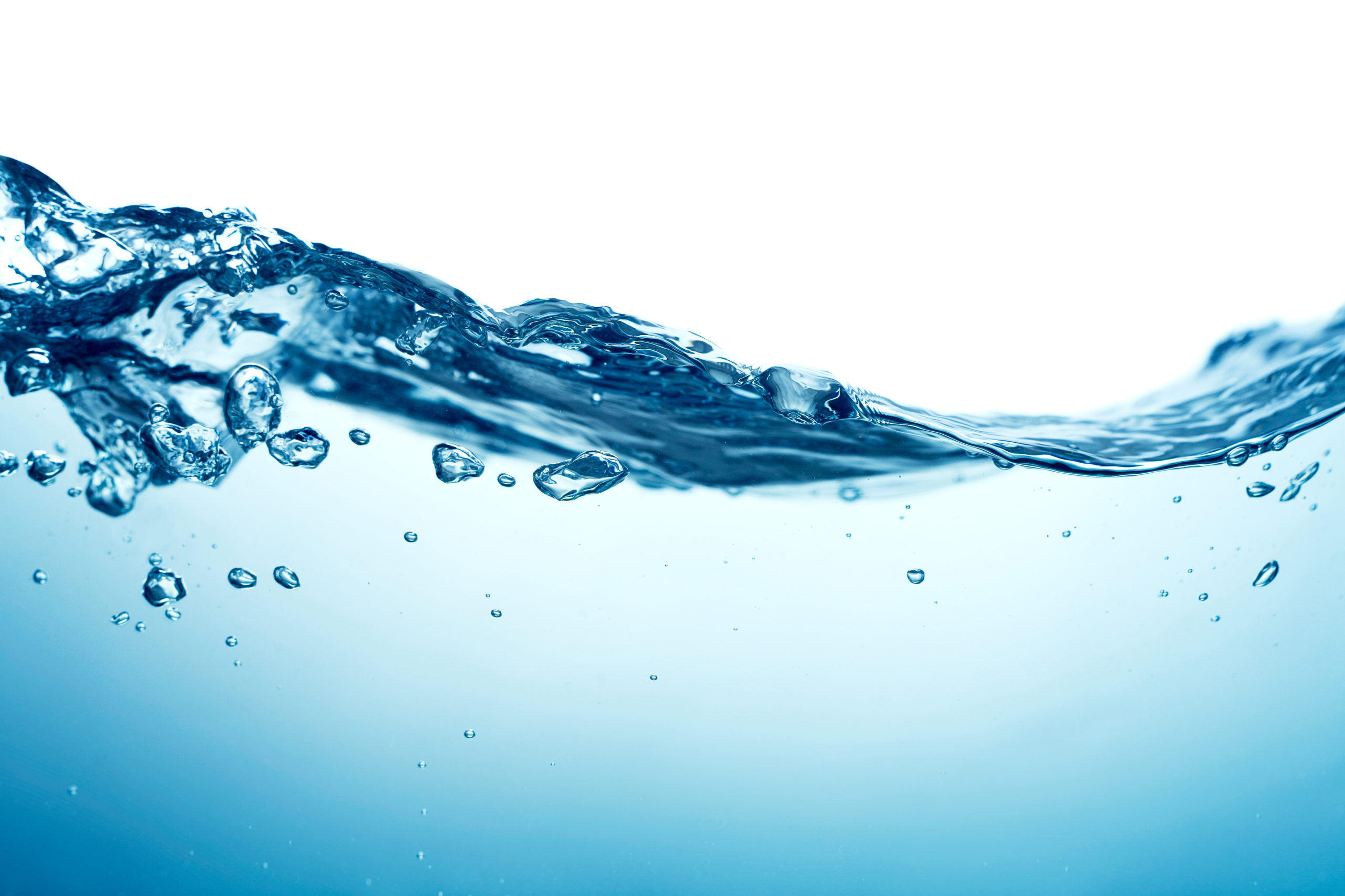Most people know that they must stay hydrated when outdoors or participating in any physical activity. Without the right amount of hydration, someone can become thirsty, fatigued, dizzy, experience a headache or start vomiting, and some may not know how much water they should be drinking to maintain proper hydration.
From the expert:
Dr. Seth Smith, clinical associate professor for UF Orthopedics and Sports Medicine Institute, said there are two rules to live by: matching your fluid intake with your fluid loss and keeping your urine light yellow to clear in color.
“We use our thirst as a mechanism,” Dr. Smith added. Listen to your body. If you are thirsty, drink.
Make sure to keep your weight close to its normal amount, not drinking too much water to make it increase drastically and not drinking too little to let it drop below normal, Smith said.
If you can, try to avoid being outside during the hottest part of the day from 10 a.m. to 5 p.m., but if that’s not possible, make sure you take a break every 30 minutes under shade or somewhere with air conditioning. Also, make sure you have free access to water.
How to know if your dehydrated:
Some early signs of dehydration could also lead to more severe symptoms, such as heat stroke, which can decrease a person’s mental status, Smith said. There are two types of heat stroke: classic and exertion. Classic typically involves older people or those with underlying medical conditions that may prevent them from removing heat from their body. Exertion heat stroke occurs in athletes who are overexerting themselves and can’t sweat their heat off. This can affect their kidneys and liver and can also have significant changes in their mental behavior, he added.
For most people, water will quench their thirst just fine. Doctors recommend at least eight 8-ounce glasses of water a day to stay well hydrated. If you are exerting yourself for longer than an hour, Smith suggested they use a sports drink because they also have electrolytes, carbohydrates, sodium, potassium and amino acids.
“Water is appropriate for most people,” Smith added.
Smith also warned people to not rely solely on the heat index to determine how hot it truly is outside. The heat index is typically taken in a shaded environment, he said.
“It can underestimate the heat experience they would be dealing with,” he added.
Ultimately, every person has a different sweat rate depending on their circumstances or health conditions, Smith said. All should use common sense and do their best to stay hydrated when outside or working out.
by Jennifer Jensen

